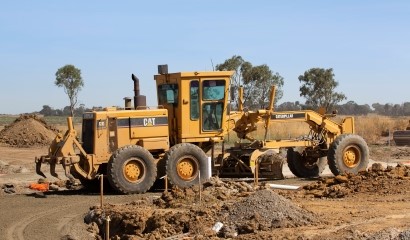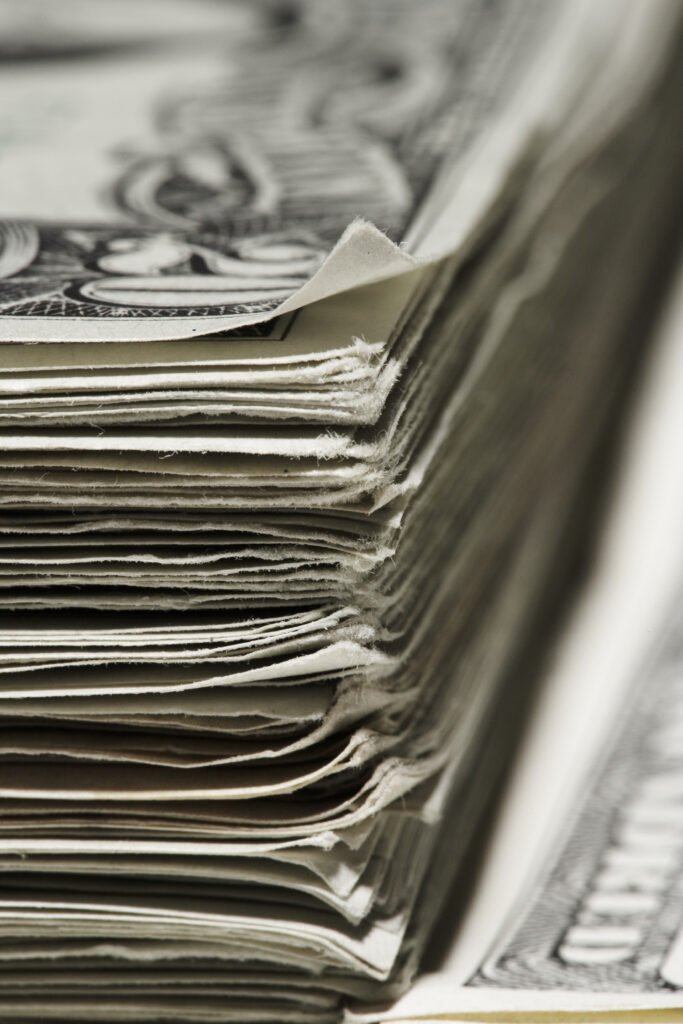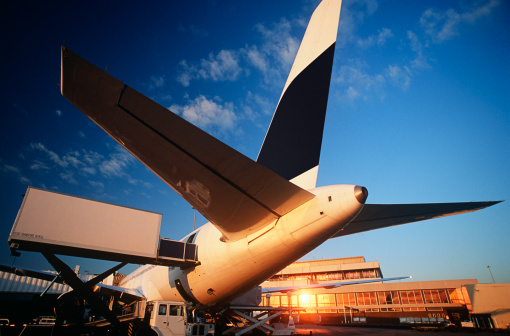Trump’s 50% tariffs on Brazil lead investors to delay M&A moves
- PE firm halts agribusiness acquisition talks after tariff announcement
- Aeronautics, consumer goods and agribusiness M&A deals may be impacted
US President Donald Trump’s letter announcing a 50% tariff on Brazilian goods starting on 1 August is likely to delay M&A deals, according to deal advisors.
At least one M&A deal has already been delayed. A Brazilian sponsor has paused advanced talks to acquire a domestic agribusiness, said an M&A advisor working with the target. The parties were expected to close the transaction in the coming weeks, but now it is unclear when they will resume talks, this source added.
There is indeed a risk of suspension of M&A talks between Brazilian and American companies until the effects of the recently announced tariffs become clearer, said Renata Homem de Melo, partner at São Paulo-based law firm FAS Advogados. “The new tariff appears to be politically motivated, which tends to create even more uncertainty among foreign investors,” she added.
This uncertainty might lead to a depreciation of the Brazilian Real against the US dollar, increasing production costs as companies pay more for imported inputs and putting more pressure on valuations, said André Pimentel, managing partner at São Paulo-based business consultancy Performa Partners.
The US dollar registered an uptick of 0.7% against the Brazilian Real on Thursday, trading at BRL 5.5 in the spot market, after rising 2.1% to BRL 5.6 at the day’s highs.
M&A deals in other sectors like aeronautics and agricultural products are also expected to be affected, a second M&A advisor said. Brazilian jet maker Embraer, for example, might find it harder to compete with Airbus and Boeing as the 50% tariffs could put future contracts at risk, the advisor said.
Embraer shares on the Brazilian stock exchange fell by as much as 8% before paring some losses and reaching a drop of 3.7% on 10 July.
Early-stage fundraising efforts could also be impacted as venture capital and private equity investors adopt a more cautious stance, the second M&A advisor said. Following Trump’s letter, a financial investor asked to put on hold talks for it to invest in a logistics company as it evaluates its investment strategy, said the advisor, who is working with the logistics company.
However, ongoing M&A transactions mainly involve strategics looking to buy in Brazil because it is cheaper in US dollars terms, or because they want to bolster their footprint, or verticalize their operations, so tariffs are not a predominant factor, said Marco França, founding partner at Auddas, a São Paulo-based business and financial advisory firm.
Foreign equity fund sponsors have already kept mostly away not only from Brazil, but from the rest of Latin America, not because of tariffs but because they haven’t been able to generate alpha in the region in recent years. “We do not believe that Trump’s Big Beautiful thing tariff will fundamentally jeopardize deals in Brazil,” França said.
Big US business owners who need Brazilian steel – which is very competitive – will soon complain to Trump, which will lead him to change his mind in two or three months, said Salvatore Milanese, founding partner at São Paulo-based financial advisory firm Pantalica Partners. “[Trump’s] an on-and-off type, so why would one eventually stop a cross-border M&A deal between Brazil and the US, and vice-versa?”
Additionally, Brazil is already looking at other export markets, Milanese noted. The 2024 trade agreement between Mercosur and the European Union represents a market of 800 million consumers to the South American country, he added.
Mercosur is a trade bloc composed of Argentina, Bolivia, Brazil, Paraguay, and Uruguay. Associate countries include Chile, Colombia, Ecuador, Panama and Peru.
The European Union needs a lot of energy and commodities, which Brazil can export, while the South American country needs Europe’s innovation, technology and machinery, said Milanese.
China is also Brazil’s biggest trading partner, Milanese noted. In 2024, Brazil’s trade flow with the Asian country reached USD 158bn, according to Brazil’s Ministry of Development, Industry, Trade and Services. In the same period, the country’s trade flow with the US, its second-largest trading partner, amounted to USD 81bn. With the European Union bloc, Brazil’s trade flow reached USD 95.5bn in 2024.
And yet, the 50% tariffs, coupled with the political element associated with Trump’s defense of former President Jair Bolsonaro and his criticism towards a local legal ruling expanding the legal liability of US social media companies for content posted on their platforms have created “a sort of Frankenstein”, the first M&A advisor said.
Mixing political issues and Big Tech with technical trade matters makes it harder for the Brazilian government to navigate the troubled waters, the M&A advisor said.
Exporters of agricultural, industrial, and consumer goods are likely to become less competitive compared to foreign counterparts and could even start laying off employees in the short to medium term, said the first M&A advisor.
Many exporters will have to accept lower margins, reduce prices, or stop exporting to the US, the second M&A advisor said. Breaching export contracts, however, could generate additional problems for suppliers and others along the supply chain. Logistics companies that are heavily dependent on freight traffic to the US, for example, could face a drastic drop in demand, the M&A advisor added.
In the agribusiness space, one of Brazil’s darlings, meat and coffee producers are likely to be hit hard as the US is the second largest buyer of Brazilian beef and imports about 30% of Brazilian coffee exports, the second M&A advisor said.











